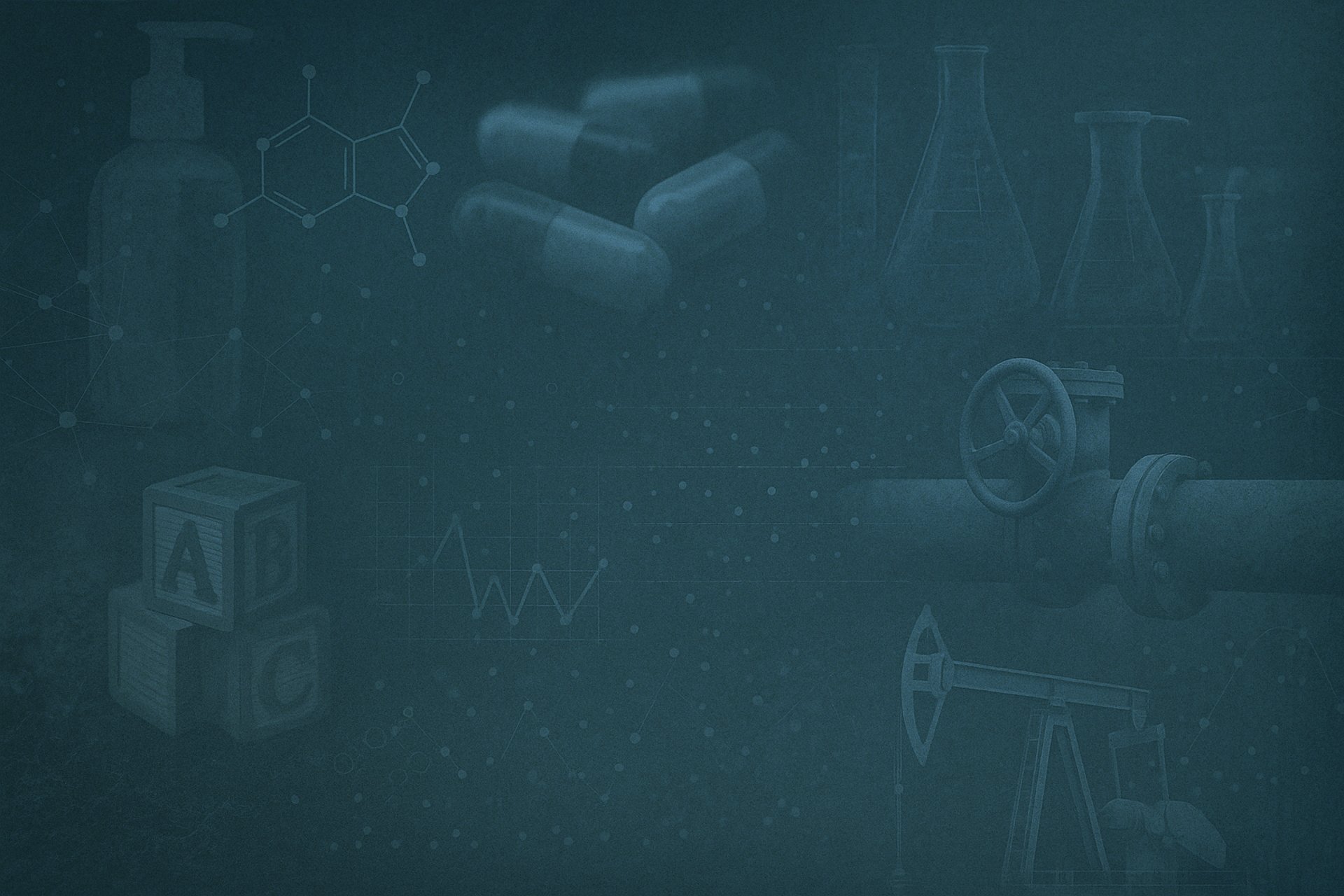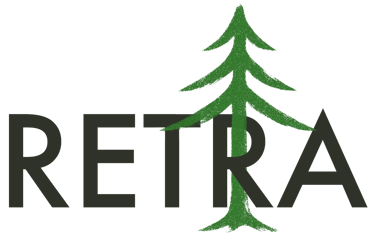
Toxicology
Environmental Health Sciences

Consulting Expertise
» Toxicity Assessments
» Exposure Route Specific Assessments
» Dose Response Evaluation
» Development of Toxicity Values
» Causation Analysis
» Expert Witness & Litigation Support
» Exposure Assessments
» Food & Beverage Investigations
» Food Safety Assessments
» Health Claim Evaluations
» Product Contamination Studies
» Regulatory Compliance
» Residue Analysis
» Risk Assessments, Characterization & Mitigation
» Symptoms Investigations
» Historical Data Analysis
Selected Project Experience
Proposition 65: The Safe Drinking Water and Toxic Enforcement Act of 1986, known as Proposition 65, aims to protect California residents from adverse cancer, reproductive, and developmental outcomes related to environmental exposures, including workplace environments, consumer products, and food. RETRA scientists have worked with clients to evaluate products per regulations and develop exposure and risk evaluation methods to determine product warning label status under the law. This work has included the review and development of cancer, developmental, and reproductive warning levels. Evaluated products include various food items (e.g., dried seaweed, dried fish, soup base, honey, olive oil), pharmaceuticals, kitchenware, agricultural equipment, marine-related products, sunscreen, personal care appliances, cosmetics, hair care products, supplements, tools, clothing, industrial coatings, and medical devices. He has also reviewed and developed warning exemption levels for some chemicals listed under the statute that do not have Safe Harbor Levels.
Aliso Canyon: In the immediate aftermath of the the Aliso Canyon Natural Gas Disaster, Dr. Beckerman assisted the Los Angeles Department of Public Health in reviewing and analyzing data to develop two reports: the first reported on findings that metals and organic compounds in dust within the homes of Porter Ranch residents were likely attributable–in part–to natural gas-related infiltrate; the second reported on data that was collected for future comparative analyses on ambient background levels of airborne particulates and organic compounds when the natural gas field was not in operation, an air dispersion model that was developed to support future exposure studies to emissions from Well SS-25, and an analysis that identified whether the nearby community may be impacted by hazardous airborne exposures from the oil and gas industry not attributable to normal operations (e.g., residual off-gassing, abandoned wells).
Assessment of Air Toxics Related to Upstream Oil and Gas Production, Southern California: Worked with clients to help them understand and communicate toxicological hazards and risks associated with oil and gas production and how these risks may relate to regulatory mandates regarding setbacks aimed at protecting the health of nearby human receptors.
Air Quality Hazards Assessment of Chemical Spill: Worked with a client to understand potential air quality hazards to a nearby community related to the accidental spilling of various chemicals stored at their warehouse facility.
Assessment of Chemicals in Agricultural Irrigation Water Related to Produced Water Reuse from Oil and Gas Production, Central Valley Regional Water Quality Control Board, California: Conducted a toxicological hazard assessment, literature review, and crop sampling assessment related to the potential health impacts of naturally occurring and known additive chemicals that may occur in recycled produced water used for agricultural irrigation. These assessments informed recommendations related to the continued and future use of recycled produced water to irrigate food crops in the Central Valley of California.
Cancer Related Effects of PFAS: RETRA scientists have provided expert consulting litigation support for cases involving claims of cancer from exposure to products claimed to contain PFAS.
RETRA LLC
An Environmental Health Sciences Consulting Firm
© 2025. All rights reserved.
